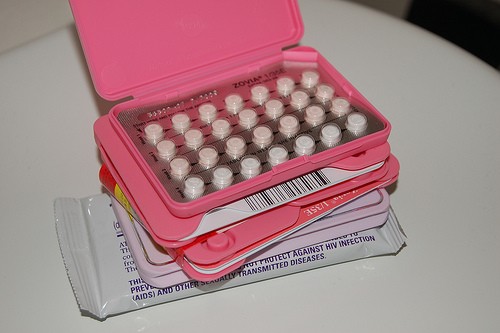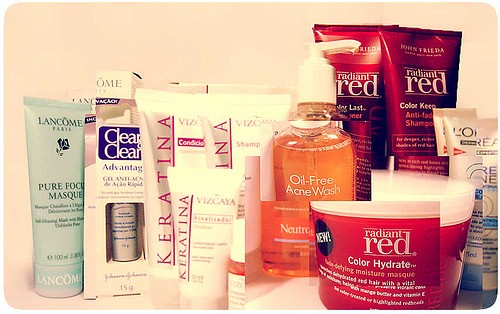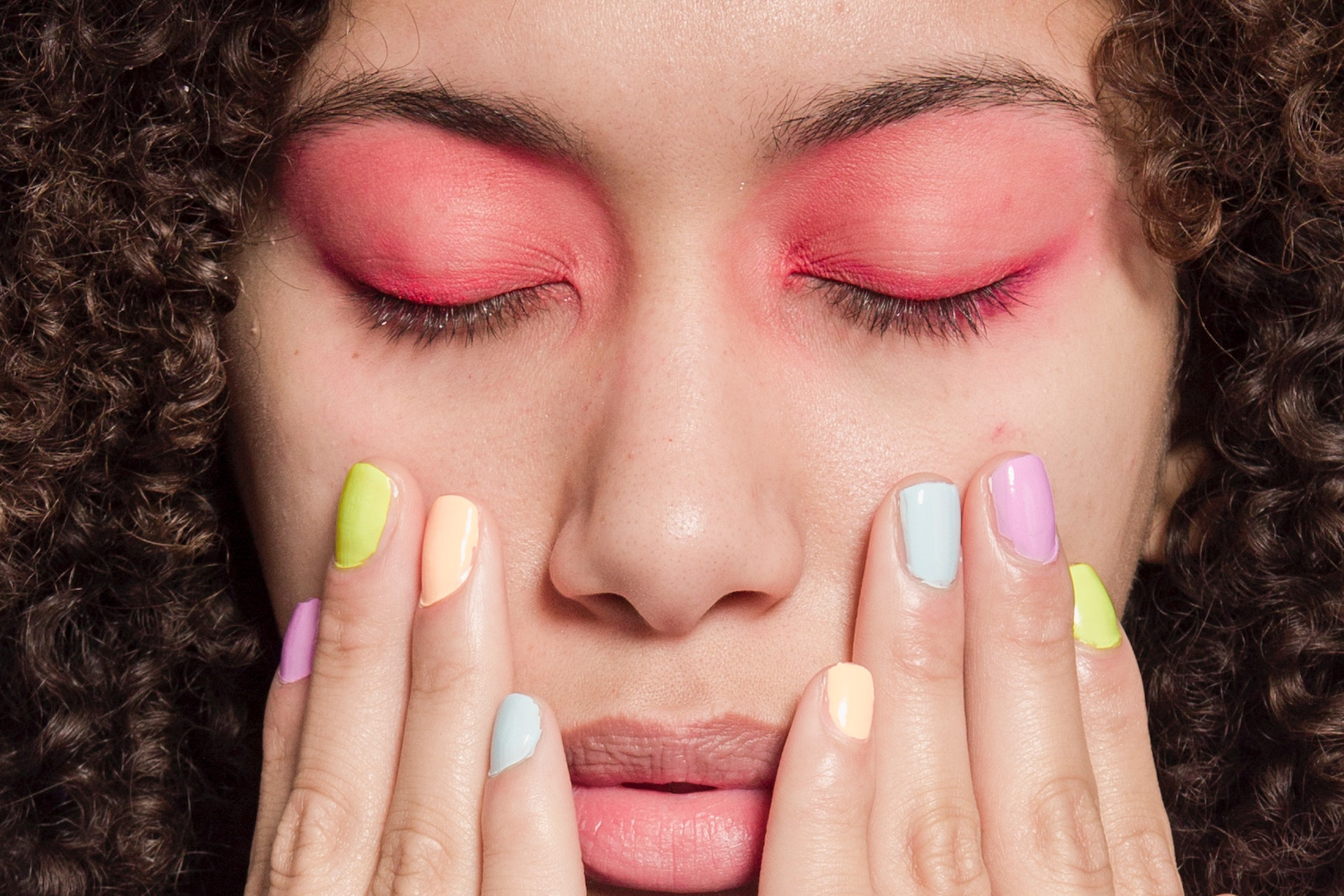
The type of skin you have makes a huge impact on the common problems you must deal with in the battle for a gorgeous complexion. But don’t we all have the same skin? Yes and no.
The basic structure and function of skin is the same for everyone. However, factors like oil production can impact the quality of our skin at any time. There are five types of skin:
- Normal
- Dry
- Oily
- Combination
- Sensitive
We all strive for the normal category, but few people enjoy normal skin naturally. Many people have combination skin, however there are a number of things that can shift your skin from one type to another. Knowing what affects your skin and adjusting your skin care regimen to the type of skin you have is important if you want to put your best face forward.
Age
As we age our skin changes along with everything else. One of the most common skin changes is increased dryness. Someone who never had dry skin in their teens, 20s or 30s may begin to notice rough texture, less elasticity and wrinkles digging in deeper.
The older you get the more important it is to take care of your skin. No matter what your age is, dermatologists recommend that everyone cleanse, exfoliate and moisturize each night. A kit makes it easy since it covers all the bases and the products compliment one another. During the day sunscreen with broad spectrum coverage can help prevent sun damage that further weakens the skin structure.
Hormonal Changes

birth control pills photo by nateOne 
Our skin is heavily influenced by hormones. Never is this more apparent than during our teenage years. A rush of hormones makes the skin erupt with acne like never before. Oil production is running high making skin oily and clogging pores.
Another life event that can disrupt skin with hormonal changes is pregnancy. Many women end up dealing with skin problems such as melasma. Birth control pills are another thing that can throw off your hormones and affect your skin.
Stress

When we stress our body reacts in a variety of ways. One reaction is the release of the cortisol, which throws off hormones and triggers oil production. The result is acne from stress. But that’s just one skin problem created by stress. It can also lead to eczema or psoriasis. Calming your skin starts with calming your nerves. A soothing facemask can address your skin problems and give you a reason to relax for a little while.
Seasonal Changes

When the weather changes from one season to the next your skin may be the first thing to change. Since our skin is the outer shell of our bodies, it’s highly reactive to our environment. Even the slightest change in moisture or allergen levels can cause the skin to switch from one type to the next.
To get the ultimate summer body you have to account for higher humidity. In the winter the air gets drier inside and out so you’ll need to make adjustments with a heavy moisturizer.
Yo-Yo Dieting

yoyo dieting photo by TipsTimesAdmin 
You are what you eat. And if you are yo-yo dieting a few pounds may be temporarily lost but your skin is going to suffer for it. Extreme diets rarely provide the nutrition your skin needs to be radiant. Instead, it can quickly cause skin to become more sensitive and acne-prone. Eating a healthy diet that’s full of antioxidant-rich foods will give your skin the support it needs to remain balanced.
Products
Today there are thousands of skin care products to choose from. The problem is not all of them work as promised and some of them can do harm rather than good.
Products like retinol are a perfect example of a product that actually does work as promised, but as a result, it can make skin more sensitive. Retinol speeds up cellular turnover so that the surface layer of skin is fresh. That means it’s also more sensitive to the sunlight and other stringent products such as salicylic acid.
Even if you have nice, normal skin now there’s no guarantee it will stay that way. Keeping your skin vibrant requires watching out for changes and making adjustments that address the type of skin you currently have.
Womans face photo by tommerton2010 

















